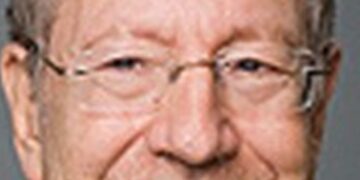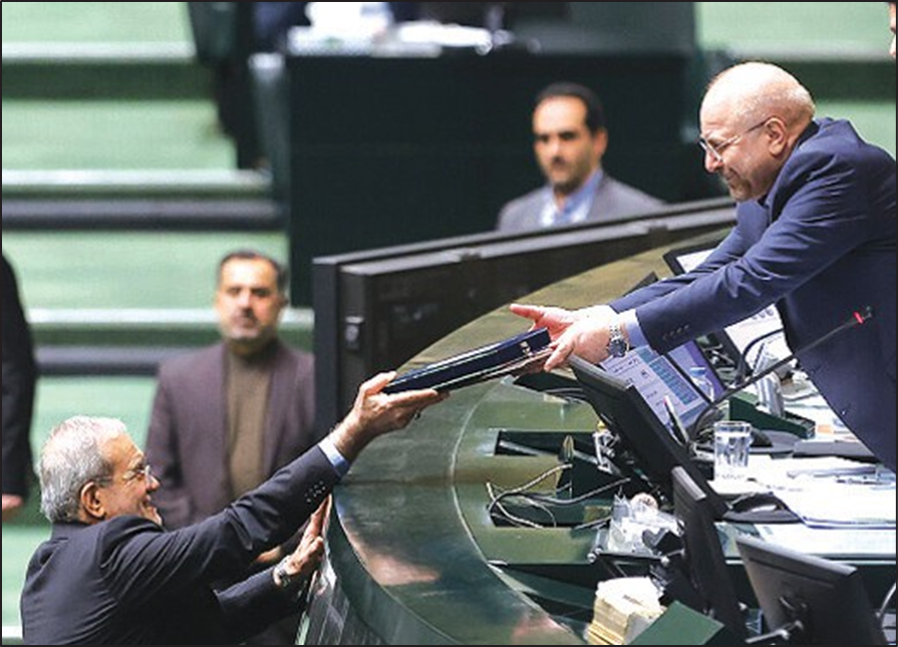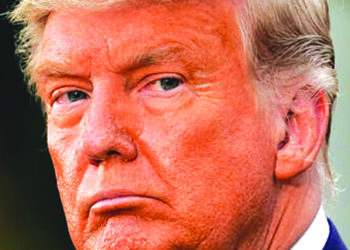The poll was taken by Zogby International, a polling firm based in Utica, New York, that is run by an Arab-American who often polls in the Middle East.
 James Zogby, the president of the firm, observed that conventional wisdom holds that Arab governments dislike and distrust Iran but that Arabs in the street are in awe of Iran’s confrontational approach to the West.
James Zogby, the president of the firm, observed that conventional wisdom holds that Arab governments dislike and distrust Iran but that Arabs in the street are in awe of Iran’s confrontational approach to the West.
President Ahmadi-nejad’s speeches condemning the West appeared to attract widespread affection for the Islamic Republic after his election. The favorability ratings that Arabs gave Iran in 2006, the second year of Ahmadi-nejad’s presidency, were very high, running generally around 80 percent.
But Zogby took polls in 2008, 2009 and 2011 showing a dramatic drop in positive views of Iran among Arabs. The drop began even before the 2009 post-election protests.
Many analysts said respect for Iran was high in part because Arabs saw that it has ended autocracy and built a democratic state, while most Arabs continued to live under autocratic regimes. The most common view has held that the 2009 protests and the regime’s forceful suppression of them portrayed the Islamic Republic as just another brutal state.
Zogby said Arabs are also concerned that Iran was seeking to dominate the region. He said his poll showed strong negative reactions to Iran’s expanding role in Iraq and the Persian Gulf, especially its vocal support for the largely Shia protests in Bahrain.
The poll surveyed 4,000 Arabs in Morocco, Egypt, Lebanon, Jordan, Saudi Arabia and the UAE during June.
In the 2006 poll, Iran was viewed favorably by substantial majorities in all six of these countries. In 2008, smaller majorities in five of those six countries viewed Iran favorably, while Jordan had turned negative. In 2009, Morocco and Lebanon viewed Iran favorably while the other four had all turned negative. This year, a majority viewed Iran favorably only in Lebanon while favorable views in the other five were ranged from 37 percent in Egypt down to just 6 percent in Saudi Arabia.
Zogby said, “Strong majorities in every country but Lebanon [are] saying that Iran threatens the peace and stability of the Arab world.”
Zogby asked Arabs if they had to choose one country in the region other than Israel to be a nuclear power, what country would they choose. Egypt was the overwhelming first choice. Iran came in dead last—in single digits—everywhere but Lebanon, where 69 percent of the Shia population chose Iran. In the UAE, not even a solitary person surveyed named Iran.
Zogby said, “Iran’s behavior is seen by Arab public opinion not as a counter to America’s hostile domination, but as a source of instability seeking to exploit troubled areas for its own gain. Add to this the Iranian regime’s brutal confrontation with the Green Revolution, and whatever positive characteristics frustrated and alienated Arabs may once have attributed to the regime in Tehran have now all but evaporated.”
Zogby wrote, “It was once believed that it was only Arab governments that feared Iran’s push for hegemony, while Arab public opinion viewed Iran quite differently. Our polling demonstrates that while that might have been true in 2006 and 2008, by 2011 this is no longer the case. Iran is not now seen through the prism of the confrontation with the US and Israel. Increasingly, it is seen and judged as it is—a country ready to exploit every opportunity to become a regional hegemon.”
While the poll reveals very negative attitudes toward the Islamic Republic, it showed even more negative views of the United States. The US was rated lowest in the favorability ratings in five of the six countries polled. Only in Saudi Arabia was Iran rated lower than the United States.
The Islamic Republic was rated much more favorably than the United States in Lebanon (63 percent favorable for Iran versus 23 percent favorable for the United States) and Egypt (37-5), somewhat more favorable in Jordan (23-10) and the UAE (22-12), almost the same in Morocco (14-12) and far behind in Saudi Arabia (6-30).



















